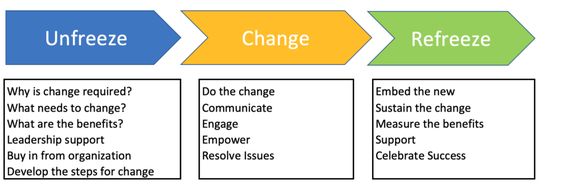ASSERTIVENESS SKILL IN MENTAL HEALTH NURSING

ASSERTIVENESS IN MENTAL HEALTH NURSING Assertiveness in mental health nursing is a crucial skill that helps nurses effectively communicate and advocate for their patients while maintaining professional boundaries. Here are some key aspects of assertiveness in mental health nursing: Advocating for Patients : Mental health nurses often work with vulnerable populations who may have difficulty advocating for themselves. Being assertive allows nurses to speak up on behalf of their patients, ensuring they receive the care and support they need. Setting Boundaries : Assertiveness helps nurses establish and maintain appropriate boundaries with patients, colleagues, and other healthcare professionals. This is essential for maintaining a therapeutic environment and preventing burnout. Communication Skills : Assertive communication involves expressing thoughts, feelings, and needs in a clear, direct, and respectful manner. Mental health nurses use assertiveness to communicate effectively wi...

